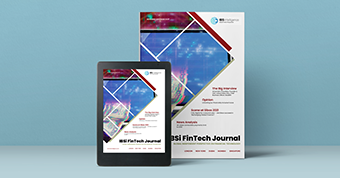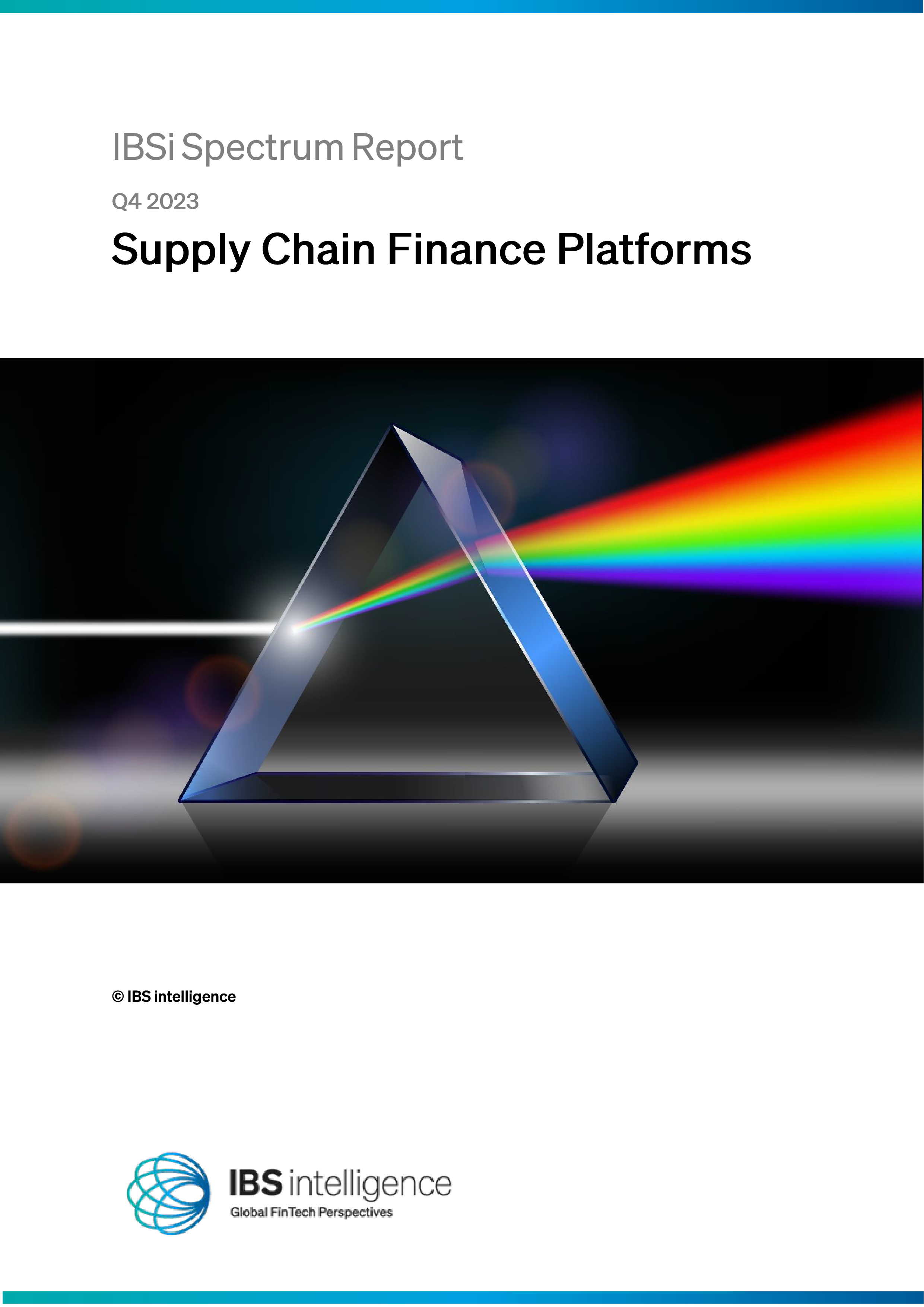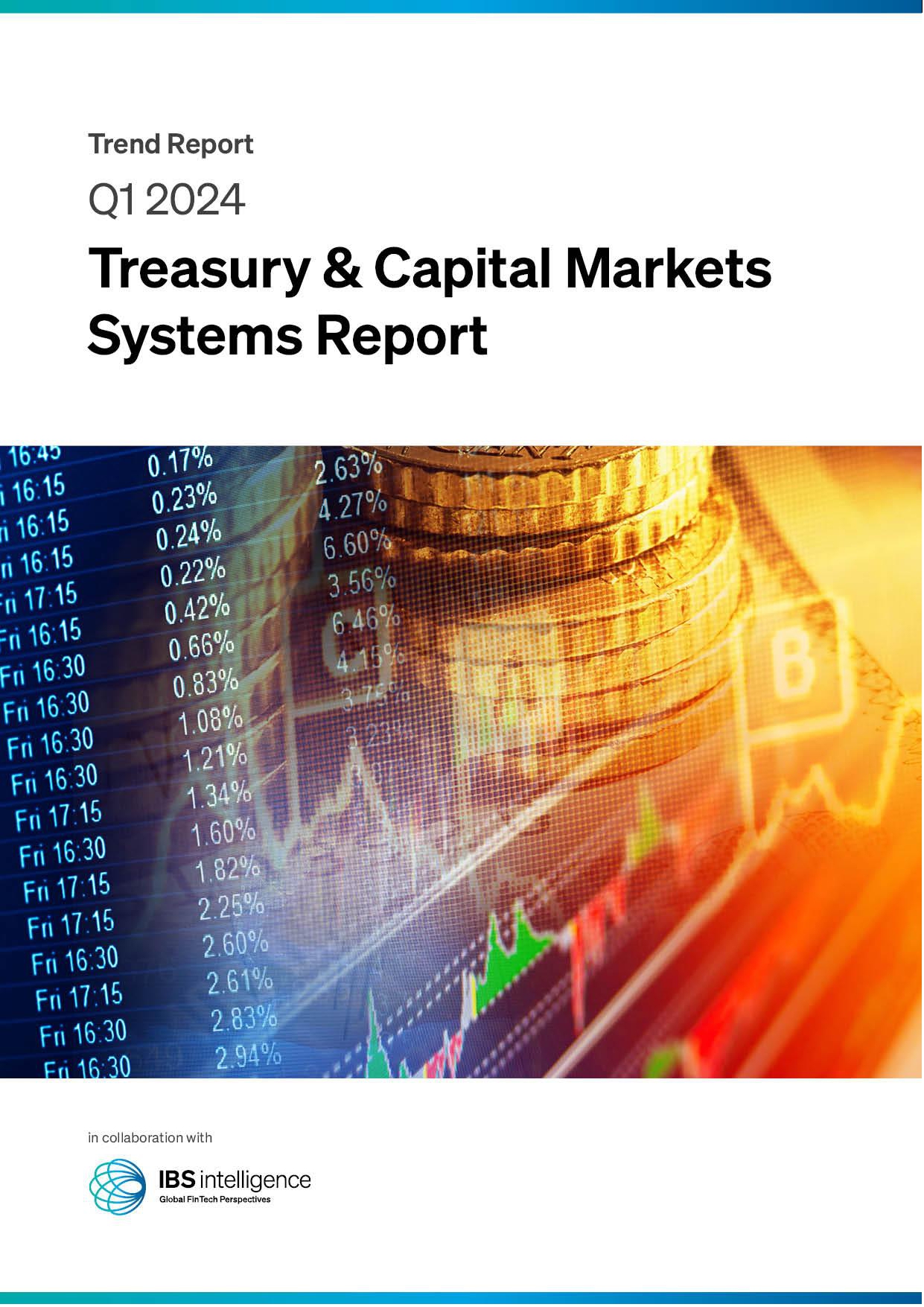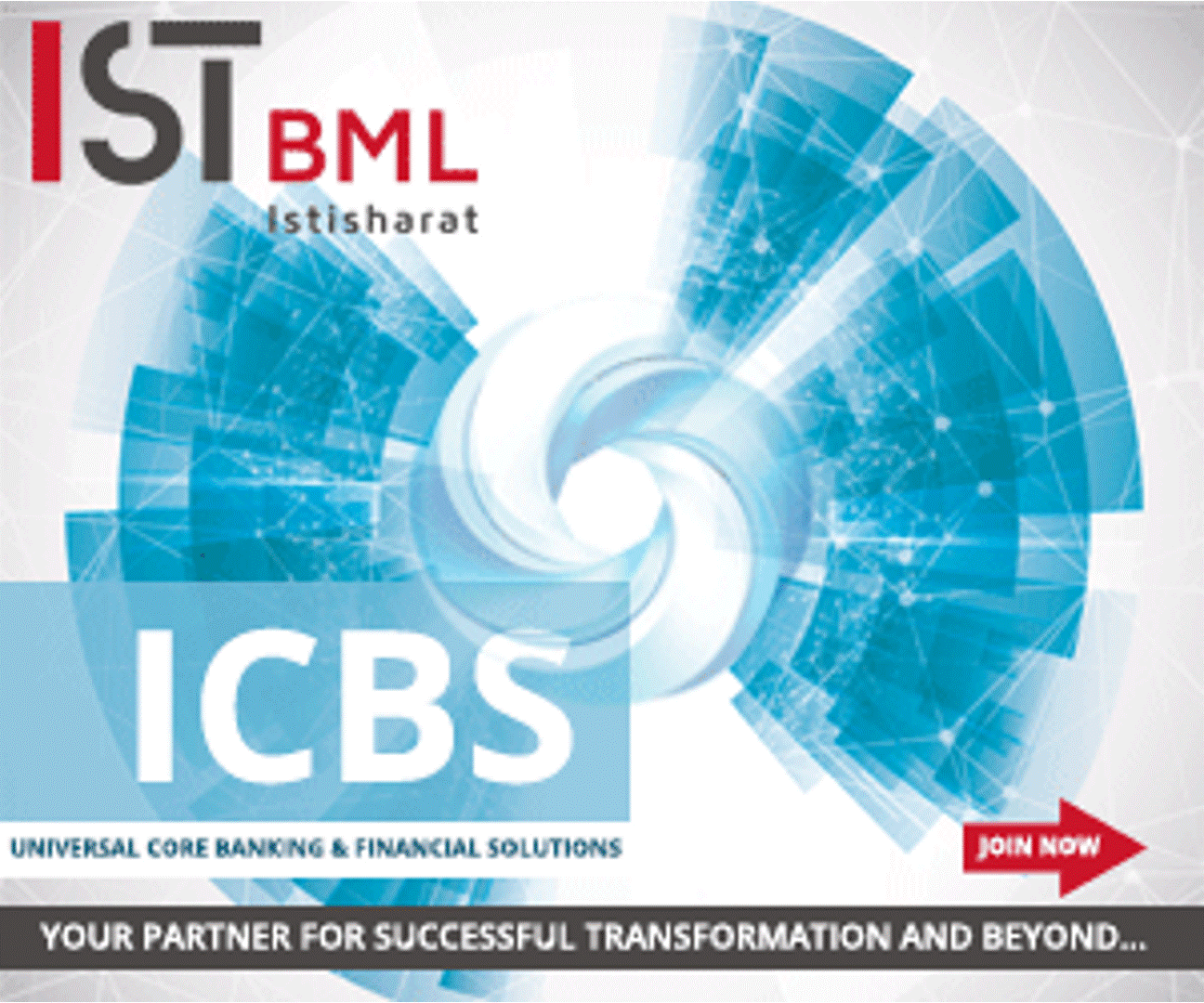Surge in digital identity fraud is a major problem for financial services, research reveals
By Puja Sharma

Around 80% of Decision Makers Link Digital Nomad Movement to Increased Identity Fraud
Regula, a global developer of forensic devices and identity verification solutions, has released the second stage of its survey dedicated to the effects of the digital nomad movement. The findings highlight an increase in identity fraud that the majority of businesses associate with the surge of traveling professionals into their countries. The most affected industries are Financial Services and Insurance.
According to the survey’s results, the number of foreign document verification cases in all parts of the world has grown by an average of 21% since the summer of 2021. It’s even higher in the US and UAE: these countries are experiencing a 25% increase. As for industries, Insurance appears to be dealing with the majority of foreign IDs (+27% compared to summer 2021), followed by Financial and Banking Services (+25%).
Spike in identity fraud
Identity verification (IDV) of digital nomads can be a tricky task for many businesses as their established processes are not designed for such a large variety of foreign IDs, and thus require revamping. This difficulty potentially results in an elevated risk of organizations facing more identity fraud. Indeed, Regula’s survey confirms these sentiments among business decision makers, with 40% of them highlighting the increase in fraud as a primary challenge when it comes to identity verification for digital nomads. The UAE and Mexico are even more agitated, as 51% and 49% of decision makers in those countries feel the risk of falling victim to fraud.
Furthermore, 80% of decision makers participating in Regula’s survey directly associate the digital nomad movement with identity fraud, saying that it is increasing the number of forged or counterfeited documents organizations find during verification. The average growth in identity document fraud is stated to be 14%; however, in the Insurance industry it is 22%, and in the Financial and Banking Services it is nearly 19%.
New solution: This situation is forcing businesses to introduce new methods and technologies for identity verification. As the survey shows, 57% of organizations have implemented biometric authentication to detect and prevent fraud during the digital onboarding process. To combat document forgery, 53% of respondents say they have decided to verify only electronic documents—i.e., ones that contain an RFID chip, a reliable security feature that makes counterfeiting almost impossible. The most vulnerable industries, Financial Services and Insurance, are even more inclined to switch to this option: 61% of decision makers from these sectors confirmed they are already accepting only e-docs.
The option to grant access to products and services only to digital nomads who have electronic documents seems to be an effective measure. It can help organizations cope with the growing number of various IDs by limiting their possible variety. It also facilitates document verification, since e-docs are currently considered to be the most secure. However, to be able to combat document fraud, it’s not enough to rely only on document security features.
While it’s nearly impossible for fraudsters to counterfeit a microchip in an electronic passport, they can still manipulate its data or intercept verification results on a smartphone. That is why organizations need a “zero-trust-to-mobile” approach and a reliable NFC verification technology to confirm the authenticity of both the chip and its data. A good example is Regula Document Reader SDK: it enables complete server-side verification of e-documents to ensure the chip’s authenticity and data integrity.
“Identity fraud is flourishing, and overall digitalization, along with mass people movement and relocation are creating new pitfalls for businesses, which are trying to keep pace. In this changing world, organizations inevitably need to start adopting new technologies to enable robust and reliable verification, especially for remote processes. They will also be interested in the possibilities to scale and adapt their IDV processes to new scenarios and requirements. Leading vendors like Regula are responding to this shift as well, by introducing new technologies and capabilities for any use case in any industry,” said Henry Patishman, Executive Vice President, Identity Verification Solutions at Regula.
IBSi Daily News Analysis
IBSi FinTech Journal

- Most trusted FinTech journal since 1991
- Digital monthly issue
- 60+ pages of research, analysis, interviews, opinions, and rankings
- Global coverage
Other Related News
July 17, 2024
Digital banking glitches drive younger generations away from traditional banks
Read MoreRelated Reports

Sales League Table Report 2024
Know More
Global Digital Banking Vendor & Landscape Report Q2 2024
Know More
NextGen WealthTech: The Trends To Shape The Future Q4 2023
Know More
IBSi Spectrum Report: Supply Chain Finance Platforms Q4 2023
Know More







